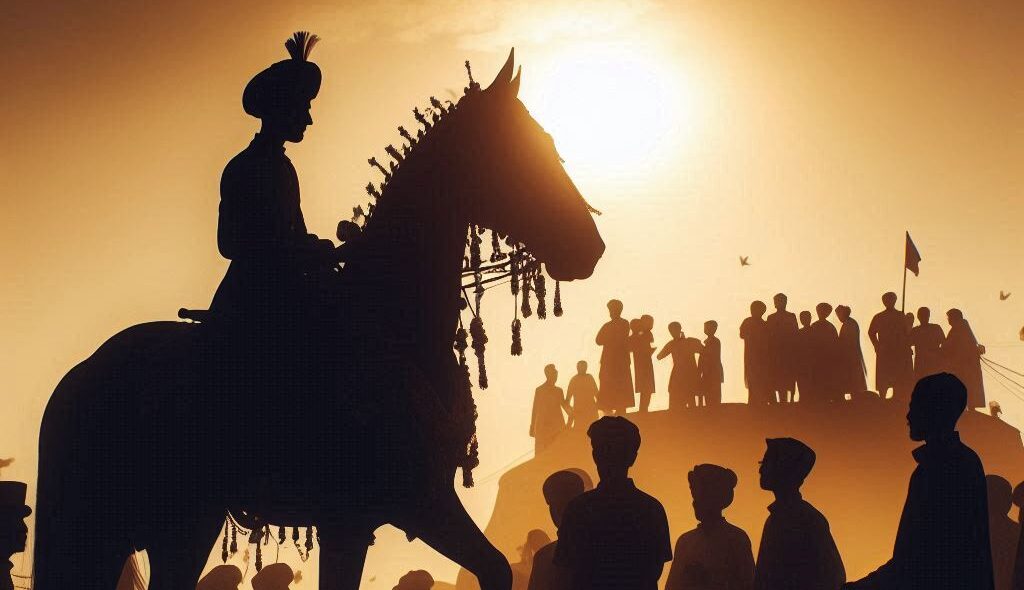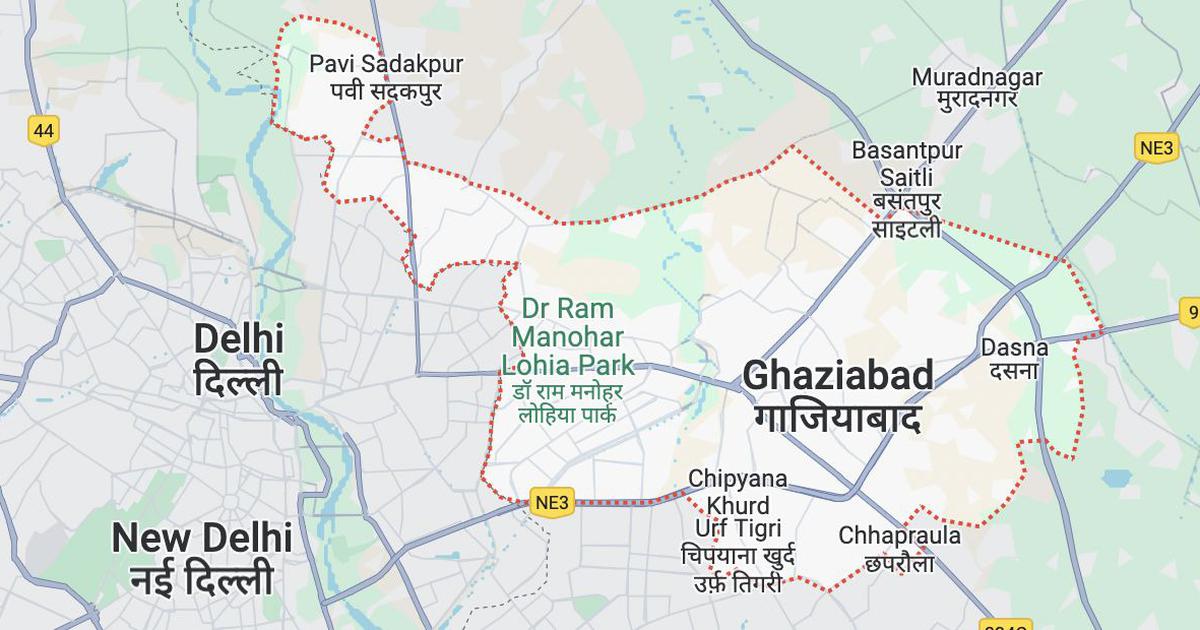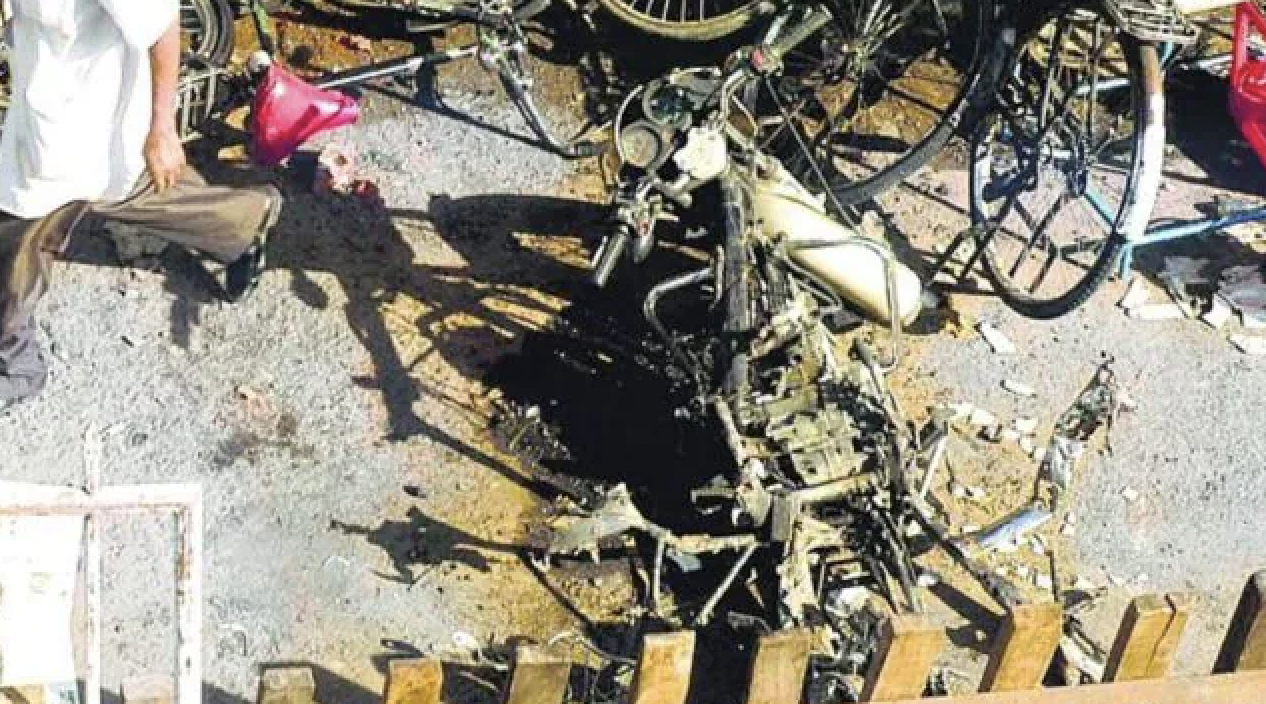
Santiago Mejia/The Chronicle
For J. Kaur, a UC Davis senior of Indian descent, it started with insulting memes casually dropped into her group chats. For one of her schoolmates, it was overhearing South Asian students ask each other what caste they belonged to before picking roommates.
The experiences inspired Kaur and her schoolmate to spend months working behind the scenes with other students to get their university to officially recognize caste — a millennia-old concept that assigns people their social statuses at birth — as a source of discrimination on the Northern California campus.
That effort culminated in September, when UC Davis became potentially the first public institution in the U.S. to add caste to its anti-discrimination policy. The move places the university on the ground floor of a rising movement to confront caste discrimination, a lesser-known form of oppression present in American society, and one that is largely imported from South Asia.
Those who speak out against it risk various forms of retaliation, both for themselves and relatives back home.
“The quiet pain and the suffering students face because of caste discrimination will no longer be the case,” said Kaur’s schoolmate, who is of Indian descent and graduated from UC Davis this summer. “That is what’s defining this moment.”
(In accordance with Chronicle policy, the student was granted anonymity because of credible fears of harassment for belonging to a student campaign to abolish caste identity.)
Estimated to be thousands of years old, caste is rooted in India’s Hindu scriptures but can now be found in practice in multiple countries and religions. Involving the rigid categorization of people into so-called “upper” and “lower” castes, activists have replaced these value-based descriptors with “dominant” and “oppressed” to address the inherent power dynamics.
As a philosophy, they say, caste is about dividing labor and controlling social mobility.
“Caste is really about labor segmentation and sustained inequality through the years — millenniums, really,” said Anjali Arondekar, a professor and co-director of the Center for South Asian Studies at UC Santa Cruz.
In South Asia, a person’s caste can dictate where they live, what school they attend or job they obtain, whom they marry and where they can worship. But caste is not just an “India or a Hindu problem,” Arondekar explained. The practice has traveled outside of India to Bhutan, Nepal, Pakistan, Sri Lanka and Myanmar, and occurs among Hindus, Muslims, Sikhs, Jains, Christians and Buddhists, she said.
Caste is not easily discernible by looking at a person, but can be detected from last names, the village or town a person comes from, and from their religious and social practices.
“This structure of oppression affects hundreds of millions of South Asians today, and over 5.4 million South Asian Americans in the U.S.,” said Thenmozhi Soundararajan, executive director of Equality Labs, a Dalit civil rights organization in the San Francisco Bay Area. “This exclusionary system ranks people at birth with one’s caste determining every aspect of their life.”
Formerly referred to as “untouchables,” Dalit is the term for people who sit outside the caste system and are considered to be on the lowest rung of the social order.
In the U.S., caste discrimination primarily shows up in educational and professional settings. But its core tenet — labor, or the exploitation of it — periodically resurfaces.
In May, federal law enforcement agents raided a Hindu temple in New Jersey after lawyers for hundreds of oppressed caste workers filed a lawsuit against the Hindu sect known as BAPS. The temple was accused of confining the men who were working on a construction project to its grounds and paying them as little as $1 per hour for arduous labor. The lawsuit was amended this month to include other BAPS locations near Atlanta, Chicago, Houston, Los Angeles and Robbinsville, N.J.
In Nepal, Prem Pariyar said his family would be physically assaulted because of their Dalit background. As a teacher, he said he faced ridicule and ostracization from colleagues and even students who belonged to dominant castes.
So when he came to the U.S. in 2015, he said the last thing he expected was to face casteism here.
But he said he did when interacting with other South Asians in the Bay Area — at his restaurant job, while pursuing a master’s degree in social work at California State University, East Bay, at community events and at dinner parties.
“It’s subtle and overt,” Pariyar, 37, said. “Some will ask me my last name under the pretense of getting to know me, but are really trying to find out about my caste. Others have served me meals in separate plates and utensils after they find out I’m Dalit.”
About two years ago, he started organizing with other CSU students around the issue. Their efforts prompted the Cal State Student Association, which represents all 23 CSU campuses, to recognize caste as a protected category this year.
The CSU school system itself has not made any changes to its discrimination policy. Pariyar was also part of the UC Davis campaign.
Brandeis University in Massachusetts was the first college in the U.S. to make caste a protected category in 2019. Under UC Davis’ amended policy, students or staff who face discrimination or harassment for their perceived castes can file complaints that could result in formal investigations.
The university made this possible by placing caste under national origin, which is a legally protected category under federal education and state employment law. Whether it is in fact illegal to discriminate against someone on the basis of caste could be tested in state court as the California Department of Employment and Fair Housing pursues an anti-caste-discrimination lawsuit against the San Jose-based IT company Cisco.
“The significance of adding caste … is it ensures that the communities most impacted and most vulnerable to this type of discrimination or harassment know that the university recognizes the harm caused,” Danésha Nichols, director of UC Davis’ Harassment & Discrimination Assistance and Prevention Program, said in an email.
That UC Davis updated its anti-discrimination policy without fanfare underscores what a sensitive topic caste has become, especially in the internet age. Even the students who lobbied UC Davis often communicated with each other using encrypted messaging services.
Of the four students interviewed by The Chronicle, two spoke on the condition of anonymity and one agreed to be identified by her first initial and middle name (Kaur) because of the retaliation they and their relatives can experience for speaking out.
But the UC Davis change feels like momentum for those trying to get caste discrimination recognized across the U.S.
“We’re feeling empowered in being able to take action because we have our own community, or we see other organizations, finally saying something,” said Kaur, who is from a Sikh Dalit family.
For Pariyar, who said he and his family back home receive new verbal and physical threats every time he speaks out, there’s a chilling parallel to educating the American public about caste discrimination.
Denying the problem exists is “like Americans who come from privilege saying that racism isn’t an issue,” Pariyar said. “It is an issue, it’s here and it’s time to deal with it.”
This story first appeared on sfchronicle.com






